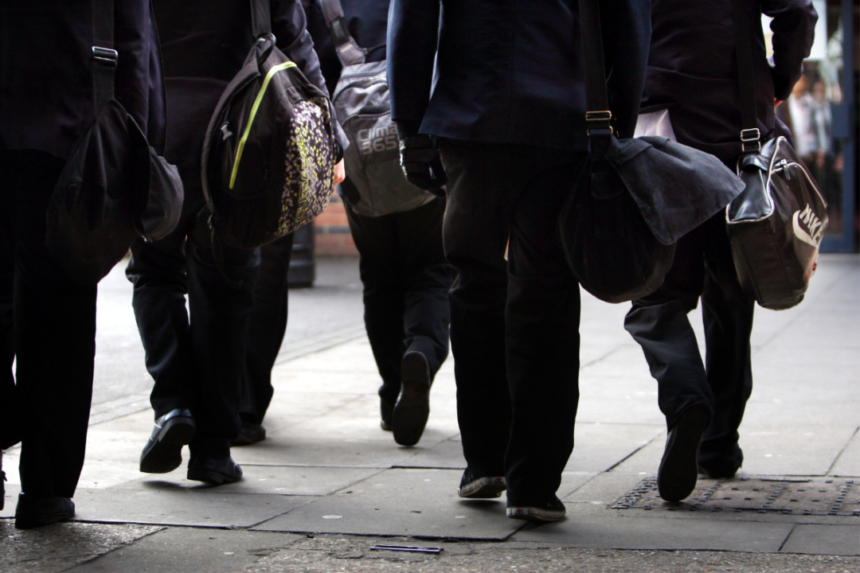The data reveals a concerning trend of increasing suspension rates following the COVID-19 lockdowns, with a total of 786,961 suspensions recorded in the 2022/2023 school year. According to a report, individuals who faced suspension during their secondary school years are at a higher risk of not being engaged in education, training, or employment by the age of 24. The study also highlights that suspended pupils are less likely to achieve Level 3 qualifications and more likely to rely on out-of-work benefits and health-related support later in life.
The report emphasizes the importance of addressing the “suspension employment gap” and recognizes the impact of academic attainment on future outcomes. While the study cannot definitively prove that suspensions directly lead to poor outcomes, research suggests a correlation between school exclusion and negative long-term consequences such as lower earnings and poorer health.
The rise in suspension rates underscores the need for effective strategies to support students struggling with engagement in educational settings. The government’s commitment to addressing the root causes of behavioral issues is crucial, with initiatives like providing mental health support in schools and early intervention for students with special needs.
The post-lockdown period has seen a surge in behavioral challenges in schools, with reports indicating a decline in socio-emotional skills among students. Concerns over mental health, self-harm, and absenteeism have also been on the rise, highlighting the need for comprehensive support systems for students facing difficulties in the aftermath of the pandemic.
Overall, the findings underscore the importance of addressing suspension rates and behavioral challenges in schools to ensure positive long-term outcomes for students and society as a whole. Please provide an alternative version.
Source link





